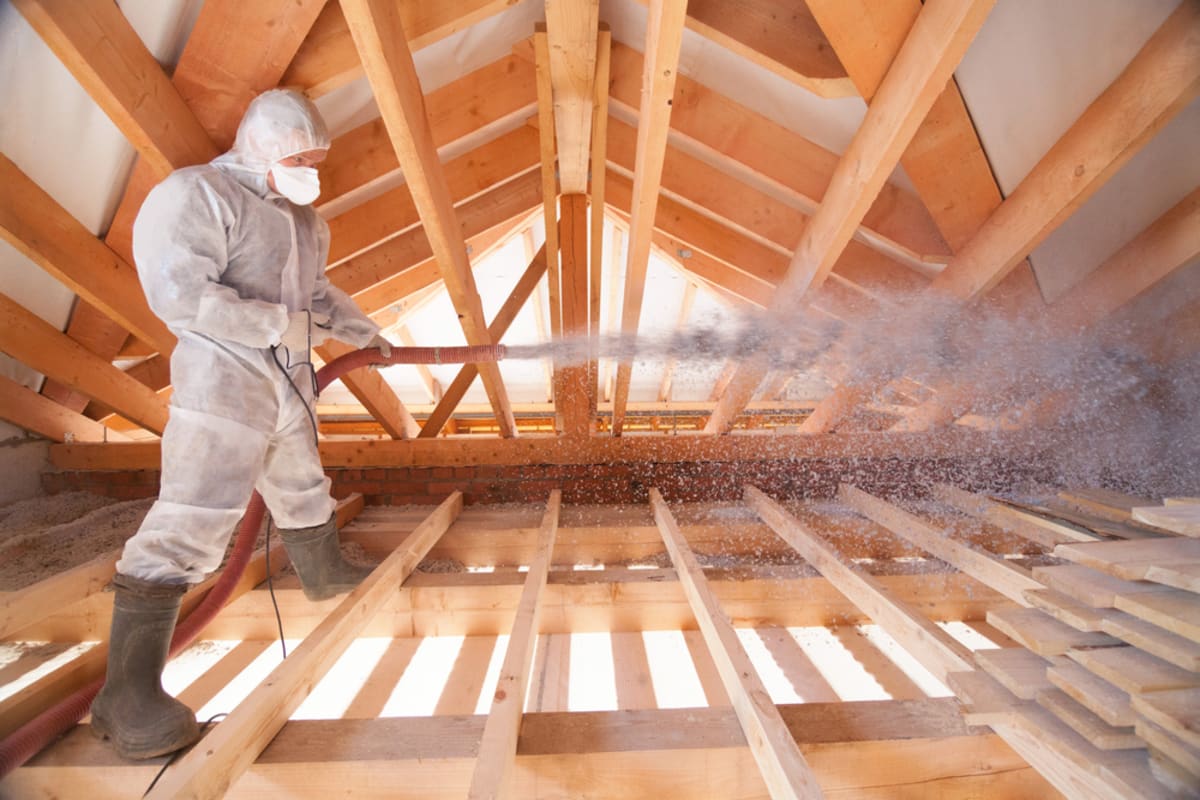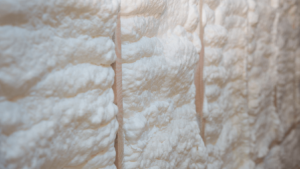Hiring the wrong spray foam insulation provider can result in energy loss, poor indoor air quality, and costly rework. In Renton, WA, where weather can range from damp winters to dry summers, efficient insulation plays a key role in maintaining indoor comfort and cutting utility bills. According to the U.S. Department of Energy, proper insulation can reduce heating and cooling costs by 15% on average. Yet, many property owners still choose installers without fully understanding what to avoid.
Choosing qualified spray foam experts in Renton requires more than just reading reviews. From overlooking certification to ignoring material quality, one misstep can impact performance, safety, and efficiency. Here are the most common hiring mistakes that homeowners and commercial property owners in Renton should avoid.
Not Verifying Certification or Licensing
Hiring someone without proper certification often leads to poor installation, warranty issues, or even failed inspections.
Check for Regional Credentials
- Ask for Washington State licensing information.
- Verify certification through insulation training bodies like SPFA (Spray Polyurethane Foam Alliance).
Confirm Insurance Coverage
- Ensure liability and workers’ comp policies are active.
- Request copies for your project records.
Prioritizing Price Over Performance
Going with the lowest quote often results in shortcuts, thin application, or cheaper foam materials that degrade quickly.
Ask About Foam Density
- Lower-cost providers may use open-cell foam in areas requiring closed-cell.
- Confirm product specs match the thermal resistance (R-value) required.
Get a Detailed Scope of Work
- Compare what’s included across quotes.
- Clarify thickness, prep work, ventilation setup, and curing timelines.
Ignoring Experience With Your Property Type
Different buildings require different insulation strategies. Inexperienced installers may overlook critical architectural features.
Residential vs. Commercial Requirements
Mixed-use and large-scale commercial facilities require more extensive planning compared to residential projects. Factors such as ventilation design, access for installers, and strategies to manage thermal bridging differ based on building type and usage. Spray foam experts must understand these distinctions to apply materials correctly and meet code expectations.
Local Climate Adaptability
Renton’s wet climate makes moisture resistance a key consideration in insulation planning. A Spray foam contractor should be familiar with the local building conditions and know when to use vapor barriers to prevent trapped moisture in walls or attics. Proper application depends on understanding how seasonal humidity affects different parts of a structure.
Overlooking Material Sourcing
Quality varies widely across foam types. Failing to ask about brands or formulations can result in inferior thermal performance.
Know the Trusted Foam Specialists
- Ask for names of foam manufacturers.
- Look for known high-performance brands like Demilec, BASF, or Icynene.
Check Manufacturing Dates
- Aged or expired foam components can result in improper curing.
- Fresh materials lead to better insulation and air sealing.
Failing to Ask About Ventilation Plans
Spray foam can off-gas during application. A good installer uses ventilation systems to protect indoor air quality.
Short-Term and Long-Term Plans
- Ask how they manage curing-related fumes.
- Understand how the space will be ventilated post-install.
Energy Recovery Ventilation (ERV) Knowledge
- Foam reduces natural air leaks, so mechanical ventilation may be required.
- Local insulation experts should know Renton code requirements.
Skipping Reference Checks
Photos and online reviews don’t reveal how a crew handles cleanup, delays, or customer communication.
Contact Past Clients
- Ask for recent project references in Renton.
- Verify they handled similar structure types and scopes.
Ask Specific Questions
- How was the foam quality over time?
- Was the team on time and respectful of your space?
Assuming All Spray Foam Is the Same
Not all foam types provide equal thermal resistance, sound dampening, or moisture control.
Closed-Cell vs. Open-Cell
Foam Type | R-Value (per inch) | Moisture Resistance | Application Use |
|---|---|---|---|
Closed-Cell | 6.5+ | High | Basements, exterior walls |
Open-Cell | ~3.5 | Low | Interior walls, attics |
Fire Rating and Expansion
- Some foams require ignition barriers.
- Others expand differently, which impacts sealing performance.
Rushing the Project Timeline
Curing spray foam properly takes time. Rushing it can compromise insulation quality and trigger odor issues.
Temperature and Humidity Considerations
- Foam adheres best within manufacturer temperature ranges.
- Renton’s humidity can affect how well foam sets.
Follow Manufacturer Guidelines
- Experts follow dwell time and re-entry protocols.
- Cutting corners may lead to off-gassing or uneven application.
Not Getting a Post-Install Inspection
Even good foam can underperform if it’s unevenly sprayed or leaves thermal gaps.
Ask for Infrared Imaging
- A post-install scan identifies cold spots or thin coverage.
Visual and Depth Checks
- Spray foam professionals should offer verification of coverage depth.
- Home energy insulation should meet code and exceed performance expectations.
Ignoring Communication Red Flags
Delays in quotes, vague answers, or lack of transparency are early warning signs.
Evaluate Responsiveness
- Efficient insulation providers return calls and emails promptly.
Review Job Planning Clarity
- Spray foam consultants should be clear about crew size, duration, and safety precautions.
Key Hiring Tips
- Verify licensing and certification
- Compare detailed quotes, not just prices
- Confirm foam brand and material freshness
- Ensure experience with Renton’s building types
- Don’t skip ventilation, curing, or post-install inspection
Ready to Achieve Energy-Efficient Indoor Performance?
Spray foam insulation can reduce energy loss and improve interior comfort, but only when installed correctly. Cascadia Spray Foam of Seattle supports residential and commercial property owners who want efficient results backed by expertise. The expert foam teams use reliable insulation guidance, high-quality products, and data-backed application methods.
Call Cascadia Spray Foam of Seattle at (425) 386-3500 or email [email protected] to schedule your consultation.
FAQs
How long does spray foam need to cure before it’s safe to re-enter the area?
Most high-quality insulation experts recommend waiting 24 hours after application. Curing time may vary based on humidity and temperature.
What certifications should professional spray foam installers have?
Look for SPFA accreditation and Washington State business licensing. These verify safety, code compliance, and proper training.
Is closed-cell foam always better than open-cell?
Not necessarily. Closed-cell offers better R-values and moisture resistance, but open-cell may be better for sound absorption and interior use.
Can I stay in my home during the installation?
Most spray foam professionals advise vacating the space until the foam has cured and ventilation is complete. This reduces exposure to fumes.
What are the signs of a poorly installed spray foam job?
Signs include uneven surfaces, strong odors long after curing, cold spots, or visibly thin layers. A post-install inspection can confirm quality.
Reviewer: Olivia Thompson has spent 10 years working in spray foam insulation, helping companies grow their visibility. She reviewed this article and provided valuable suggestions on how to better align the content with the needs and expectations of customers, ensuring it resonates with the target audience.

